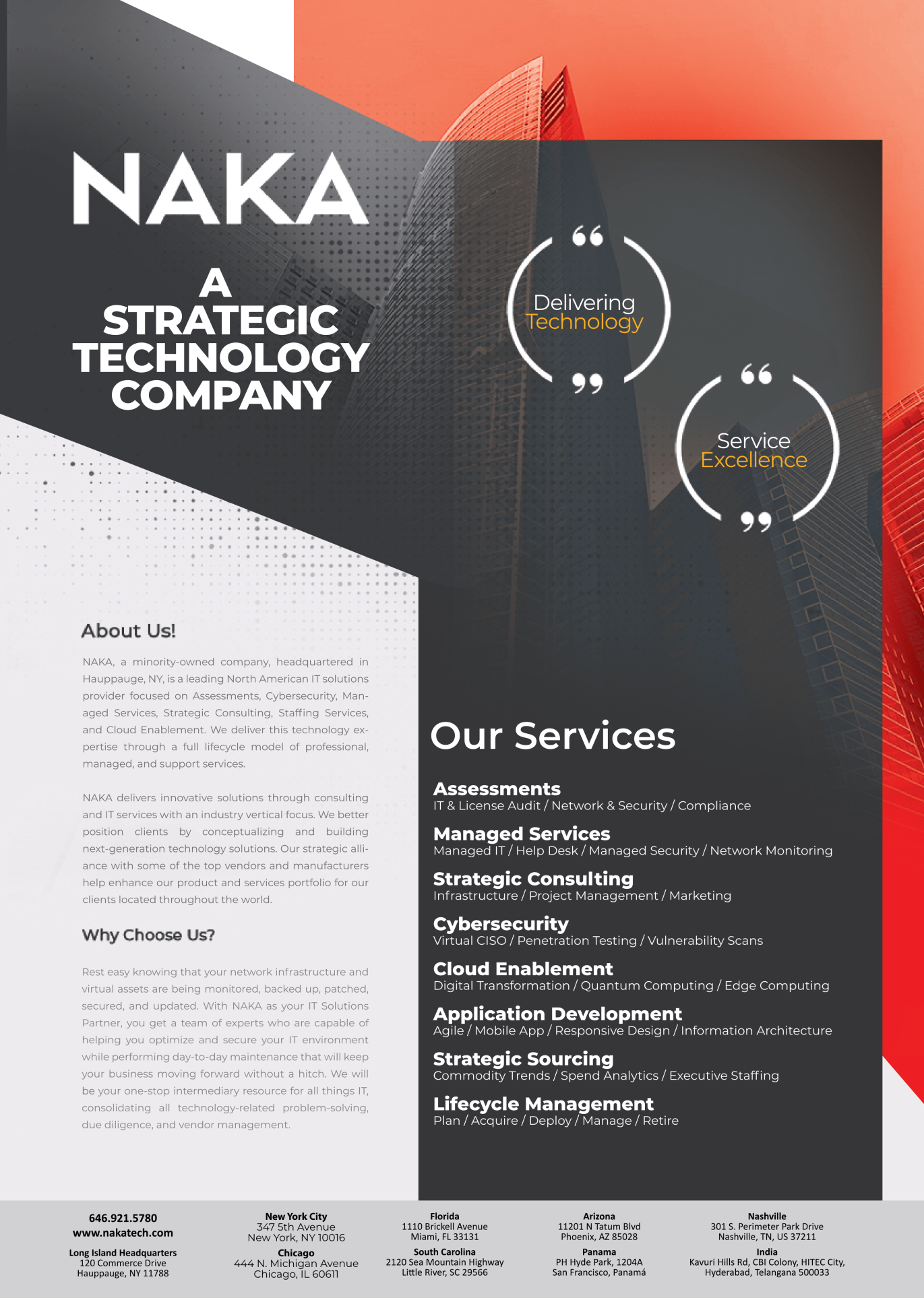Major Benefits of Cloud Managed Services Providers

Major Benefits of Cloud Managed Services Providers
In a digital era, a rising trend of cloud adoption across industries can be seen. Cloud is the mainstay of the data-driven, app-based technology environment. It consists of software and services that reside and operate on the Internet rather than on a local computer or intranet servers.
Cloud adoption is a tactical step, usually taken by companies for reducing cost, mitigating risk, and securing scalability of database capabilities. In addition to this, industries that are mainly adopting Cloud are healthcare, marketing and advertising, retail, finance, and education. Cloud technology has become vital because 95% of companies are planning to increase their cloud spends in the upcoming months. The perspective of cloud adoption is the breakdown of barriers between providers.
What report says about it?
As per the International Data Corporation’s (IDC) Worldwide Whole Cloud Forecast, 2020-2024 says
- The worldwide spending on cloud IT infrastructure is predicted to rise at a five-year CAGR of 9.6%.
- The global spending on cloud computing services is forecasted to be more than $1 trillion in 2024.
- The stipulation of several cloud-related or whole cloud opportunities is anticipated to grow at a CAGR of 15.7%.
How poor decisions lead to risk?
However, cloud adoption can be vulnerable to security threats, data loss, and costly downtime. So, it becomes imperative to have comprehensive cloud management, especially for business information. It becomes important to select the best-suited way for effective cloud management. Otherwise, poor strategies can lead to the following risks.
- Operational risks – any failure can lead to serious operational risks on cloud infrastructure and can halt the functioning of sales and supply chains or say, revenue-generating models.
- Security risks – applications that run on the public cloud are more susceptible to cloud-security risk. Keeping this in mind, it becomes essential to possess the right security strategy to avoid such risks.
- No value – cloud management can become expensive and time consuming if there is a lack of the right service support.
Why appointing Cloud Managed Services Providers?
Cloud managed services allude to outsourcing IT management for services that are based on cloud and technical support to automate and intensify business operations. The priority for most companies is to have effective management as cloud adoption is increasing. Cloud Managed Service providers have ample cloud knowledge to hold up anyone’s business environment, fill in management gaps and come up with cloud compliance services.
Most often it has been seen that in-house IT departments do not acquire skills to monitor and maintain a cloud environment effectively. To address this challenge, the company looks for a third party to handle its cloud environment. Therefore, Cloud Managed Service Providers are hired to manage cloud security, storage, computing, and many more.
Is your reliance on Cloud managed service providers worth it?
Let’s see the major benefits of outsourcing IT management to a cloud managed services provider for your business.
- Cost reduction – hiring staff for a full time IT department is quite expensive. So, outsourcing to Cloud Managed Services providers can save millions every year on the cost of an internal department.
- Future-proof technology – Cloud technicians already possess knowledge about the latest technology. Instead of spending time on training internal IT staff with the latest technologies, switch to cloud technicians to save time.
- Flexible service – Cloud managed services providers provide either pay-per-service (payment plans) or a converged solution. Both are cost-saving methods. But the former focuses more on growth whereas the latter one looks upon security protection, network monitoring, or setting up a new service area.
- Sturdy infrastructure – cloud managed services providers not only monitor and scan the network for security but also amalgamate existing business practices and policies to head your business to concur with organizational goals.
- Better service level agreement – cloud managed services providers present preferable management for service level, performance, and maintenance. Moreover, as long as you work with Cloud Managed Service Providers, it becomes more amicable to your network. Hence, this leads to faster issue response time.
- Centralizing applications and servers – Providers run all applications and servers in a central data center. With a centralized managed cloud network including virtual services, your remote network users can access the centralized data. This is not only building storage and backup into a centralized network, in fact, it also increases network availability and raises employee production.
- Disaster recovery – there is no doubt that services are the lifeline for the Cloud Managed Service Providers. So, data is safe and secured across cloud services and applications. Moreover, the company and its operations can carry on with minimal downtime in the case of a disaster.
- Faster response time – at enterprise-level monitoring and remote cloud services, the company can receive a quick response time. Cloud managed services providers access, monitor, and resolve any network issue virtually.
- Vendor interfacing – when there is a rise in vendor-specific service issues, cloud managed services providers tend to contact third-party to resolve them.
What does it conclude at the end?
Cloud managed services providers are an evaluative business in today’s competitive world. They reduce costs, handle the data centers, and assist complex frameworks. Moreover, they carry out their service dedicatedly because their business relies on keeping their clients satisfied. One can expect professional service, infrastructure assistance, and application development from cloud managed services providers.



